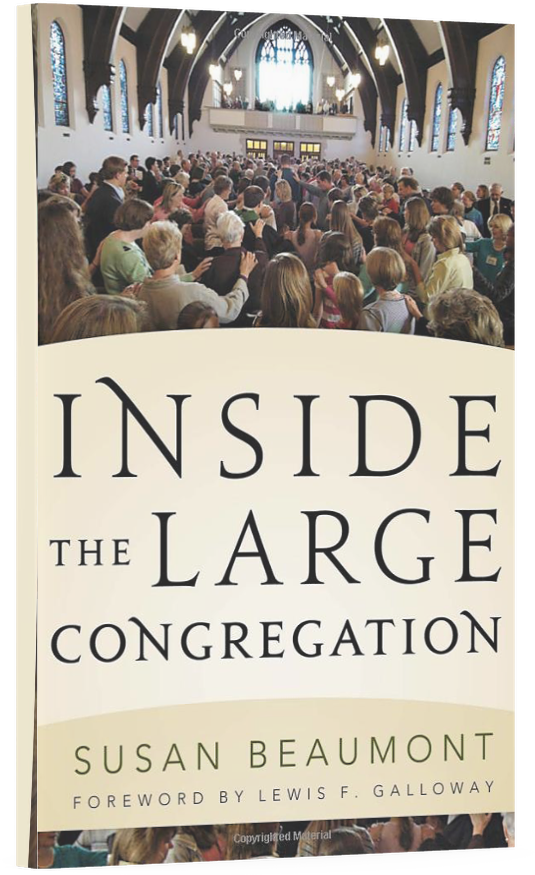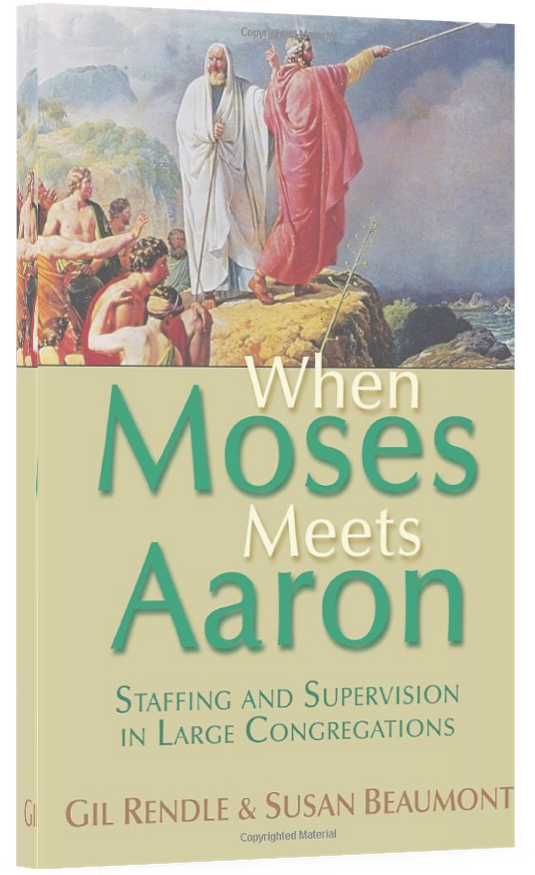
At Alban we do a lot of strategic planning consulting work in congregations, under the umbrella of Holy Conversations.
Increasingly, in my practice I find myself steering clients away from writing an official mission statement as part of the planning process. My reasons for discouraging the practice are three-fold:
1) For most of us, the basic mission of the congregation is already defined in the scriptures we embrace, and by the religious institutions that guide us. Every congregation, on some level, seeks to bring people into the congregation, transform them through their involvement with the congregation, and send them out in service to the larger world. We can spend lots of time trying to choose language that describes our spin on that transformative process, but the basic mission has already been established for us.
2) Every congregation has limited energy to invest in and sustain dialogue around strategic planning. The amount of time that it takes to get a planning team to agree upon the specific wording that should go into the mission statement is considerable. Those who vested themselves in crafting the specific words and phrases are highly invested in the final product, but others seldom connect with the mission statement, regardless of how much involvement they may have had in contributing input into the larger planning process.
3) There are better tools for creating strategic focus and buy-in. Specifically, I advocate for creating a set of core values that will guide the future work of the congregation, naming the strengths that we want to preserve moving forward, and claiming 2-4 strategic priorities that will guide the work of the church in the next chapter of its life. Once these strategic elements have been defined most congregations have everything they need to provide good strategic direction.
So, this is what I’ve been telling congregations, but I’m open to a good challenge. Is your mission statement still relevant to your congregation?
Photo credit: Eridony




I agree that writing a mission statement is often not the best starting point for planning. It seems logical to start with the mission, derive a vision from it, and then create goals, objectives, plans, and budgets. This is deductive logic, which begins with general principles and derives specifics from them. But another kind of logic is just as sound: inductive logic, which derives general statements from specific facts. In my experience, congregations more often discover their mission from reflecting on the more inspiring events of their history than create inspiring events as a result of reflecting on a mission statement.
I agree that writing a mission statement is often not the best starting point for planning. It seems logical to start with the mission, derive a vision from it, and then create goals, objectives, plans, and budgets. This is deductive logic, which begins with general principles and derives specifics from them. But another kind of logic is just as sound: inductive logic, which derives general statements from specific facts. In my experience, congregations more often discover their mission from reflecting on the more inspiring events of their history than create inspiring events as a result of reflecting on a mission statement.